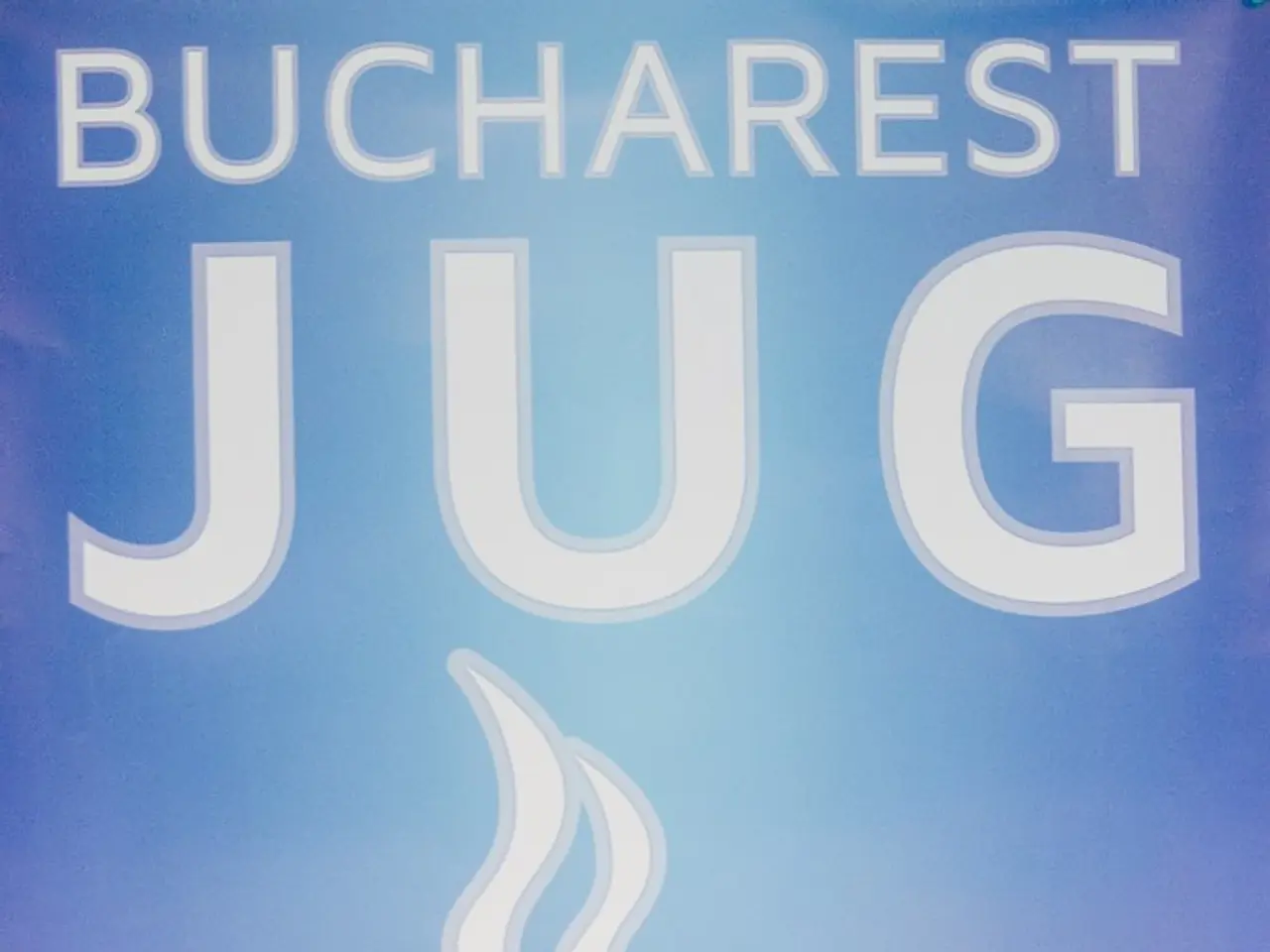Germany introduces a €100 Billion investment fund for energy and raw materials enhancement
The German government is set to launch the Deutschlandfonds, an investment vehicle worth €100 billion ($116 billion), aimed at catalysing private investment alongside public funds to bolster key strategic sectors such as energy infrastructure, defense, critical raw materials, and green technology.
According to reports, Finance Minister Lars Klingbeil has secured backing for the fund, which will be seeded with at least €10 billion in public funds. The fund's focus aligns with Chancellor Friedrich Merz's economic revival strategy, emphasising long-term growth, innovation, and reduced bureaucracy.
The fund intends to mobilise at least ten times the initial €10 billion public capital from private investors, with the goal of leveraging this combined capital to fund projects in energy infrastructure modernisation, defense manufacturing and critical material capabilities, and digital infrastructure and circular economy sectors.
Specifically, the fund will focus on areas such as hydrogen networks, grid upgrades, and renewable energy expansion, as well as strengthening domestic security and supply chains, and AI-driven energy management and fiber-optic expansion.
The Deutschlandfonds fits into Merz’s broader economic revival plan, which includes a coordinated "Made for Germany" initiative, where private companies plan billions in new investments for factories and R&D, and reforms aimed at reducing bureaucracy and social system costs to improve labor markets and business confidence.
The initiative is a key component of Merz's agenda for economic modernization, innovation, and global competitiveness, and serves as a catalyst, encouraging private sector co-investment and aligning with policy goals of climate neutrality by 2045 and reduced dependence on foreign supply chains.
Negotiations regarding the precise financing mechanisms with the Finance Ministry and state-owned development bank KfW are ongoing, and it is expected that the Raw Materials Fund, previously stalled, will be incorporated into the Deutschlandfonds. The Raw Materials Fund focuses on biominerals projects.
The Raw Materials Fund's incorporation into the Deutschlandfonds signifies a streamlining of Germany's strategic investment efforts, and the official launch of the fund is expected between September and October, following parliamentary approval after the summer recess.
The scope of the Deutschlandfonds may expand post-launch, depending on political consensus and investment performance, and possibly address politically sensitive areas such as affordable housing, particularly in urban centers facing severe housing shortages.
The proposed investment vehicle reflects Berlin's heightened focus on financial security due to geopolitical tensions, including Russia's invasion of Ukraine, escalating trade tensions under U.S. President Donald Trump, and China's assertive geopolitical stance.
In summary, the Deutschlandfonds is a strategic investment vehicle leveraging both public and private money to rejuvenate and future-proof Germany’s economy and critical infrastructure sectors as part of Merz's agenda for economic modernization, innovation, and global competitiveness.
- The Deutschlandfonds, a strategic investment vehicle worth €100 billion, plans to fund projects in various sectors such as energy infrastructure, defense, and green technology.
- Apart from energy infrastructure, the fund will also focus on areas like hydrogen networks, grid upgrades, and renewable energy expansion.
- With the intention to mobilize ten times the initial €10 billion public capital, the fund seeks to encourage co-investment from private investors.
- The fund's focus on modernizing energy infrastructure, digital infrastructure, and the circular economy aligns with Chancellor Friedrich Merz's economic revival strategy.
- Additionally, the fund may expand post-launch to address politically sensitive areas like affordable housing, particularly in urban centers facing severe housing shortages.
- The proposed investment vehicle reflects Berlin's heightened focus on financial security due to geopolitical tensions, as it aims to reduce dependence on foreign supply chains and foster innovation and global competitiveness.




